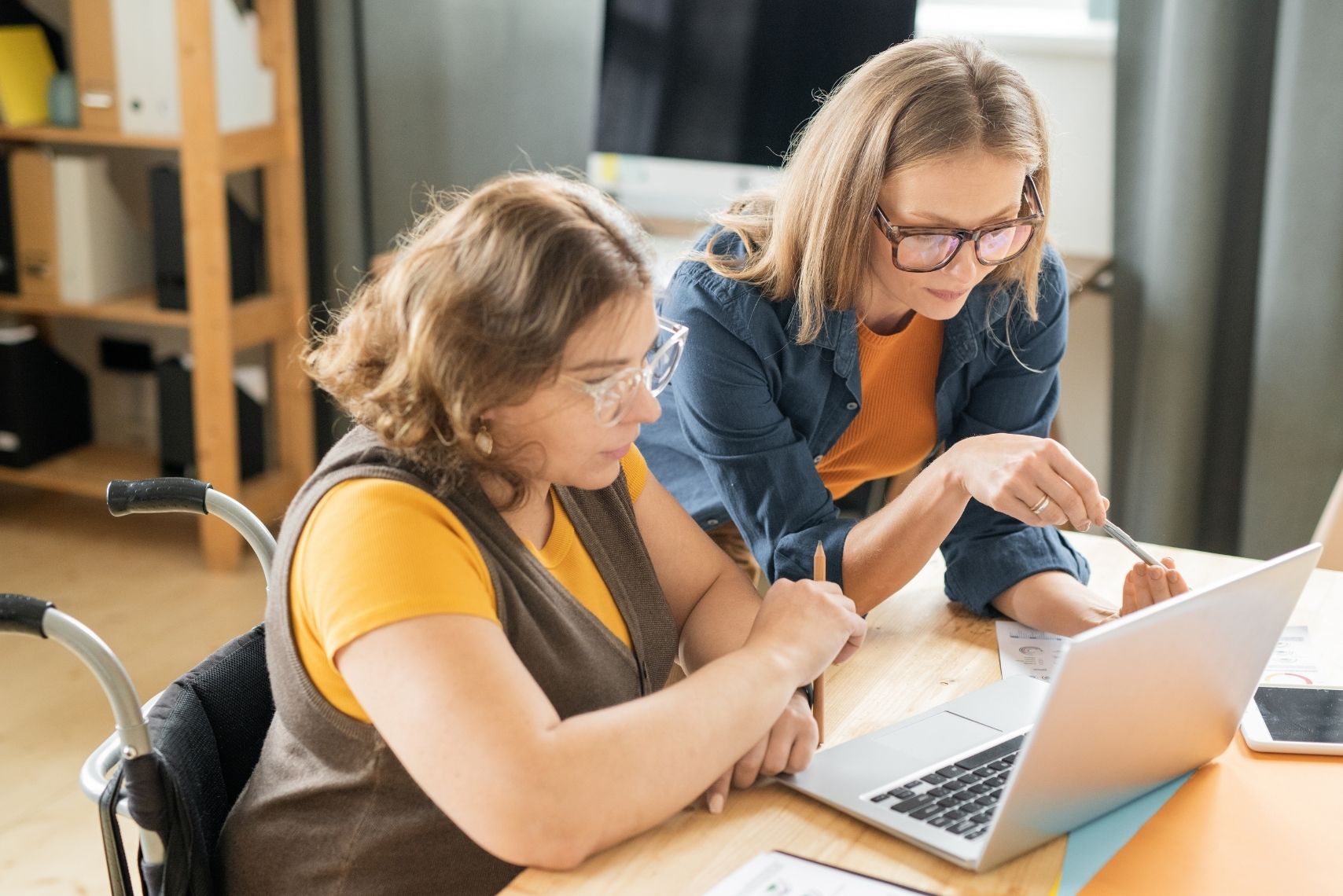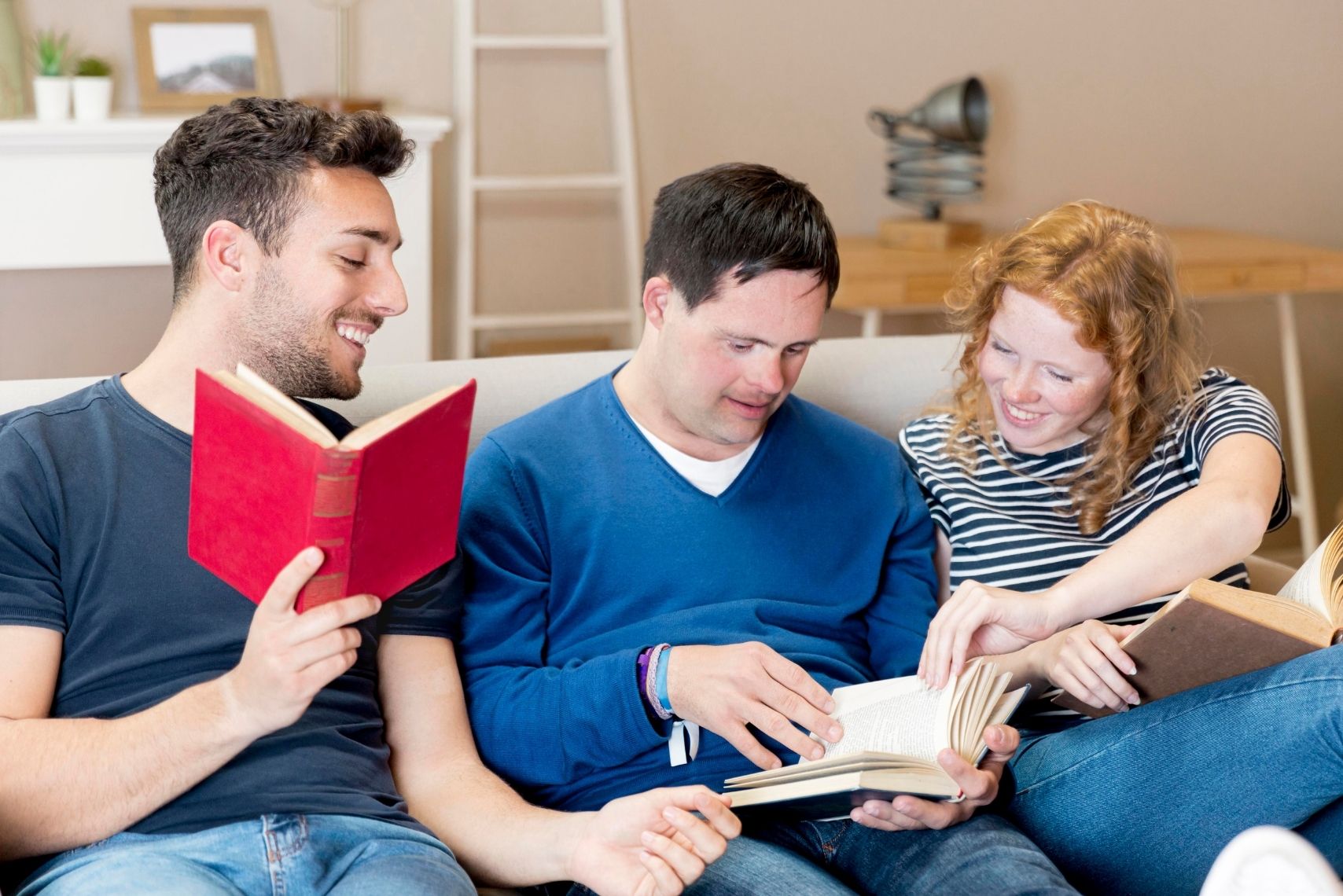What does independence feel like?
For some, it’s the simple joy of brewing their own cup of tea. For others, it’s the visiting farmers’ market on Sunday.
Although this isn’t the case with NDIS participants. NDIS participants have to rely on others (family members, carers, providers) for support.
Being dependent on others overshadows these little victories; it can feel frustrating, even disheartening. As a solution, NDIS introduces NDIS Life Skill Development.
With NDIS support, you don’t just learn to do tasks on your own; you’ll be breaking free from dependence and reclaiming dignity, confidence, and self-belief.
We understand that behind every new skill lies a story of courage, freedom, and hope.
What’s the impact of developing NDIS life skills on emotional wellbeing, the side that truly changes lives? We’ll explore these answers in today’s blog post.
Why Life Skills Are More Than Just Practical Support
When most people hear life skills, they think of cooking a meal or budgeting. But for NDIS participants, it goes far deeper than that.
NDIS Life Skill Development programs can unlock confidence, dignity, and emotional well-being.
Doing laundry isn’t just about cleaning clothes; it’s about owning your routine.
Cooking dinner isn’t only about food; it’s the pride of serving yourself and others.
Learning “How to do a budget” helps you save and spend money effectively.
And the list goes on…
These everyday skills carry emotional weight, giving participants a stronger sense of control, purpose, and independence in their daily lives.
Learn in detail about how True Belongings can help you build NDIS life skills.

The Confidence Boost That Comes With Every Small Win
Every small achievement is a step toward independence, and for NDIS participants, these wins build not just skills but self-belief and courage.
Here are some examples of situations where participants gain confidence:
- Taking public transport alone – mastering routes and schedules boosts courage and independence.
- Preparing a meal by themselves – learning to cook increases self-reliance and pride.
- Managing personal finances – paying bills or budgeting gives a sense of control and responsibility.
- Completing household chores – doing laundry or cleaning fosters routine, ownership, and accomplishment.
- Engaging in community activities – joining a class or social group builds social confidence.
- Making independent decisions – choosing daily activities or plans reinforces autonomy and self-trust.
The above examples might be normal day-to-day tasks for many, but for participants, these are life-changing. Learning them will always be beneficial.
How Life Skills Training Strengthens Relationships With Family and Carers
When participants gain the ability to manage daily tasks, carers experience less stress and more peace of mind, creating space for quality time together rather than constant supervision.
As participants contribute more to household routines or community activities, a sense of mutual respect naturally grows.
Families see their loved ones as capable, independent individuals. It strengthens emotional connections, deepens trust, fosters collaboration, and makes every interaction more meaningful.
Let’s take the example of Julie…
Julie is one of our NDIS participants in Blacktown, NSW. Our team assisted her to learn the daily-required life skills. Now, after the 60 days, she is able to do most of the things on her own without family support.
With the right support and learning attitude, weakness can be converted into a strength. And Julie is the best example of it.

Possible Emotional Barriers And How To Overcome Them?
It’s natural to feel excited or apprehensive about whether things will work or fail miserably. NDIS Life Skill Development answers these emotions by turning challenges into opportunities for growth.
The common barriers and how our team overcame them:
- Fear of Failure – Feeling unsure about trying new tasks.
Solution: Step-by-step guidance, positive reinforcement, and celebrating small wins. - Low Self-Esteem – Doubting personal abilities.
Solution: Tailored skill-building programs that focus on your strengths, not limitations. - Anxiety or Nervousness – Worrying about making mistakes in daily tasks.
Solution: Patient support, gentle encouragement, and safe practice environments to build confidence. - Dependence on Others – Hesitation to act independently.
Solution: Gradual increase in responsibility, giving participants control over tasks and choices.
With consistent support, participants learn to overcome these barriers, gaining confidence, independence, and emotional resilience along the way.
If you are a participant and want to participate in NDIS Life Skills development programs to become self-reliant, connect with our team today.





